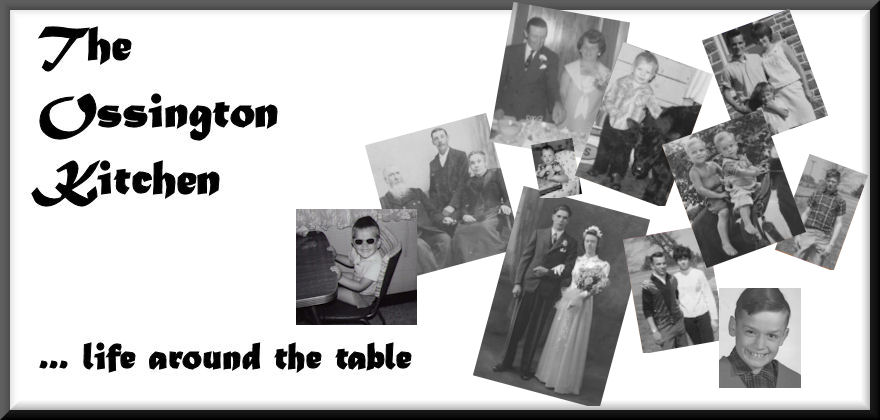This started out as a long rambling rant, but I roped myself in. I may still publish the other but this will suffice for now. As we are all out shopping for our ingredients for holiday get togethers, here are a few things to keep in mind.
You will undoubtedly come across terms like free range, organic and grain fed in you quest for the best ingredients for your recipes. Do you really know what that means? Are they really worth the price? Do they taste better?
Right off the bat, grain fed is a marketing tool that means nothing. It is usually found on poultry, what the hell else do birds eat?
Free range, again usually applies to poultry and eggs. This means the animal in question has access to outside. As of yet, Canada has no laws governing this designation. That means 5000 chickens might have access to a square metre of yard for 10 minutes a day and still carry the designation free range. Hopefully that is an exaggeration but you get the point. True free range, uncaged and roaming, means an unrestricted diet, for demonstration here, grass. Chickens that eat a lot of grass are leaner, tougher and stronger tasting. The eggs produced have a darker yolk, almost orange and a stronger smell and taste. It also can mean the chickens run with a rooster so free range eggs can have a lot of red spots. Those are fertilized eggs in the first stages of development. I don't use those ones. There is no reason not to other than a little squeamishness on my part. They aren't healthier for you and until there is some regulation governing the designation, you have no way of knowing if the animals are treated any more humanely. So again, a marketing ploy.
Finally, the big one, organic. There is so much hype around this topic and I will do a post about this eventually but I am not a fan. Just let it be for now that I have my reasons.
None of these terms are a guarantee of quality or, and of more importance to me, freshness. What I am a big booster of is buying local or fair trade. Get to know your grocer a little, find out what comes in that is local and fresh. Buy at farmers markets, talk to the growers. Get to know a little bit about where your food is coming from and how it is produced. Fair trade means your imported goods are coming from farms where workers aren't exploited and they get fair value for what they produce.
A little knowledge can be a dangerous thing, but it can also be a good starting point to help avoid spending money where you don't have to. As with your kitchen equipment, do your homework before you shop. Good luck and happy shopping.


No comments:
Post a Comment
Thanks for your comment, I hope you enjoyed your time in the "Kitchen".